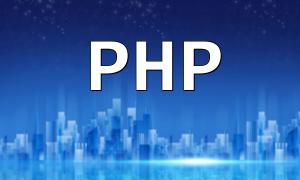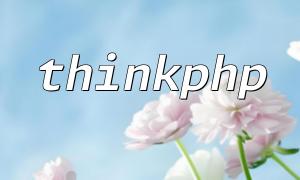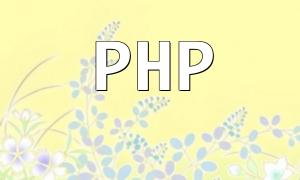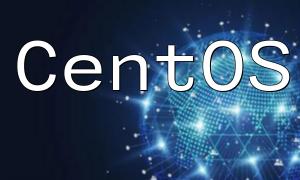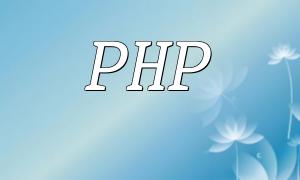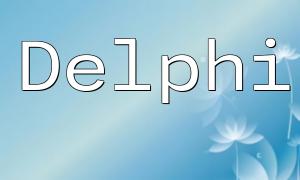Java and PHP are two widely used programming languages in the development field today. Although both are extensively used for application development, they differ significantly in design philosophy, application scope, and performance. This article will explore the characteristics and applications of these two languages in detail.
Java is an object-oriented programming language known for its cross-platform capabilities and high security. Following the principle of "write once, run anywhere," Java holds a key position in large enterprise system development. Its core advantages include:
Strong type system: Java performs strict type checking at compile time, enhancing code robustness.
Cross-platform support: Java programs run seamlessly on various operating systems through the Java Virtual Machine (JVM).
Rich ecosystem: Mature frameworks like Spring and Hibernate support efficient construction of complex applications.
Java is widely used across multiple fields, mainly including:
Enterprise software development such as Customer Relationship Management (CRM) and Enterprise Resource Planning (ERP) systems.
Mobile application development, especially as the primary language for the Android platform.
Big data processing, combined with technologies like Hadoop for efficient data analysis.
PHP is a server-side scripting language focused on web development, appreciated for its simplicity and high development speed. Notable features of PHP include:
Simple syntax, suitable for beginners to quickly get started.
Dynamic webpage generation, facilitating integration with HTML and databases.
Open-source nature, backed by a large community and abundant resources.
PHP is widely applied in various web development projects, typical applications include:
Content Management Systems (CMS) such as WordPress and Drupal.
E-commerce platforms like Magento and WooCommerce.
Development of various small to medium-sized web applications.
Both Java and PHP have their strengths, with notable differences in several areas:
Java runs through compilation and usually performs better in handling large and complex systems. In contrast, PHP is mostly interpreted, suitable for rapid development but somewhat less performant.
PHP is known for its simplicity and ease of learning, ideal for beginners. Java, due to its strict type system and design patterns, requires a certain programming foundation to master.
Both have active community support, but Java's ecosystem is more mature with rich choices of frameworks and tools, aiding in complex project development.
The choice between Java and PHP should be based on specific project requirements. If high performance and scalability for enterprise applications are desired, Java is the preferred option. If the focus is on rapid website or web application development, PHP offers distinct advantages. This comparison aims to provide valuable insight for your programming language selection.

